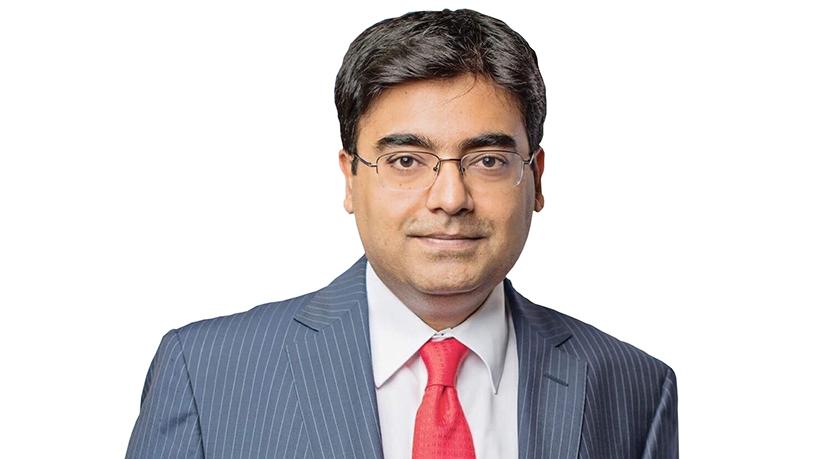
In countries where incorporating emerging technologies has been put on the national mandate, IDC research shows they are leading in innovation and becoming more mature markets.
Jyoti Lalchandani, IDC group VP and regional MD for Middle East, Turkey and Africa (META), this week spoke to journalists at the GITEX 2018 technology trade show in Dubai, about some of the biggest trends the research firm sees in ICT spending in the META region.
"We are seeing a major shift in the operating model of digital transformation, where organisations are increasingly looking towards areas like cloud and analytics, to change the landscape in terms of their core investments," noted Lalchandani.
He said the United Arab Emirates (UAE) is one of the more mature markets when it comes to ICT spend and this is because the government has incorporated a lot of what the IDC calls 'accelerating technologies'.
"The interesting dynamic about the UAE is that a lot of these shifts that we see in terms of transformation are being led by the public sector, compared to other countries where it is the private sector that leads digital transformation programmes and projects. Here the public sector is actually taking the lead."
The UAE was the first country in the world to set up a ministry of artificial intelligence and appoint a minister to the department, and the Dubai government plans to become completely paperless by 2025, by placing all its transactions on blockchain.
"Our research indicates that countries (within META) where the public sector has taken the lead in driving innovation by adopting accelerator technologies (blockchain, AI, IOT, next-gen security, AR/VR, robotics and drones), are generally more mature.
"In such cases, the private sector aligns itself with government direction, thereby increasing their own investments to keep pace. We have seen this also influence larger industry players (eg, IBM, Oracle) to expand investments by establishing innovation hubs and other related investments."
Lalchandani said the biggest areas of investment in the Middle Eastern country in the next few years will be around cloud, AI and analytics.
Investment in analytics is changing from organisations looking to just leverage their data to gain a competitive advantage, to organisations looking into ways to monetise the data and create new revenue streams for both the public and private sectors, he pointed out.
Long-term vision required
Lalchandani said South Africa is the second largest market, after Saudi Arabia, in the META region in terms of IT spend.
The IDC predicts overall ICT growth will slow down to around 3.6% in 2019 (constant currency). "However, this will (most likely) be brought downwards given upcoming elections and currency volatility."
Lalchandani said while there is slowness by the South African public sector to adopt new technologies, certain sectors like banking and financial services, and mining in SA, are far advanced, "comparable to what you see in many Western markets".
"The UAE has spent a large amount of money on implementing these technologies to make it more efficient on all levels. Countries like SA are significantly behind when it comes to the adoption of some of these operational efficiencies UAE has adopted.
"The reason for this, we believe, is they [SA government] don't have the long-term vision the UAE has.
"The UAE realises it has to move to a knowledge-based economy in the future. We believe that natural resources, like oil or gas, will not be the foundation of our long-term strategy. It is going to be around how do we build a knowledge-based economy, how do we attract foreign investors to come in, and how do we become the hub for the wider trade and business?"
Lalchandani said the IDC sees the most growth in countries where the public sector takes the lead.
Share